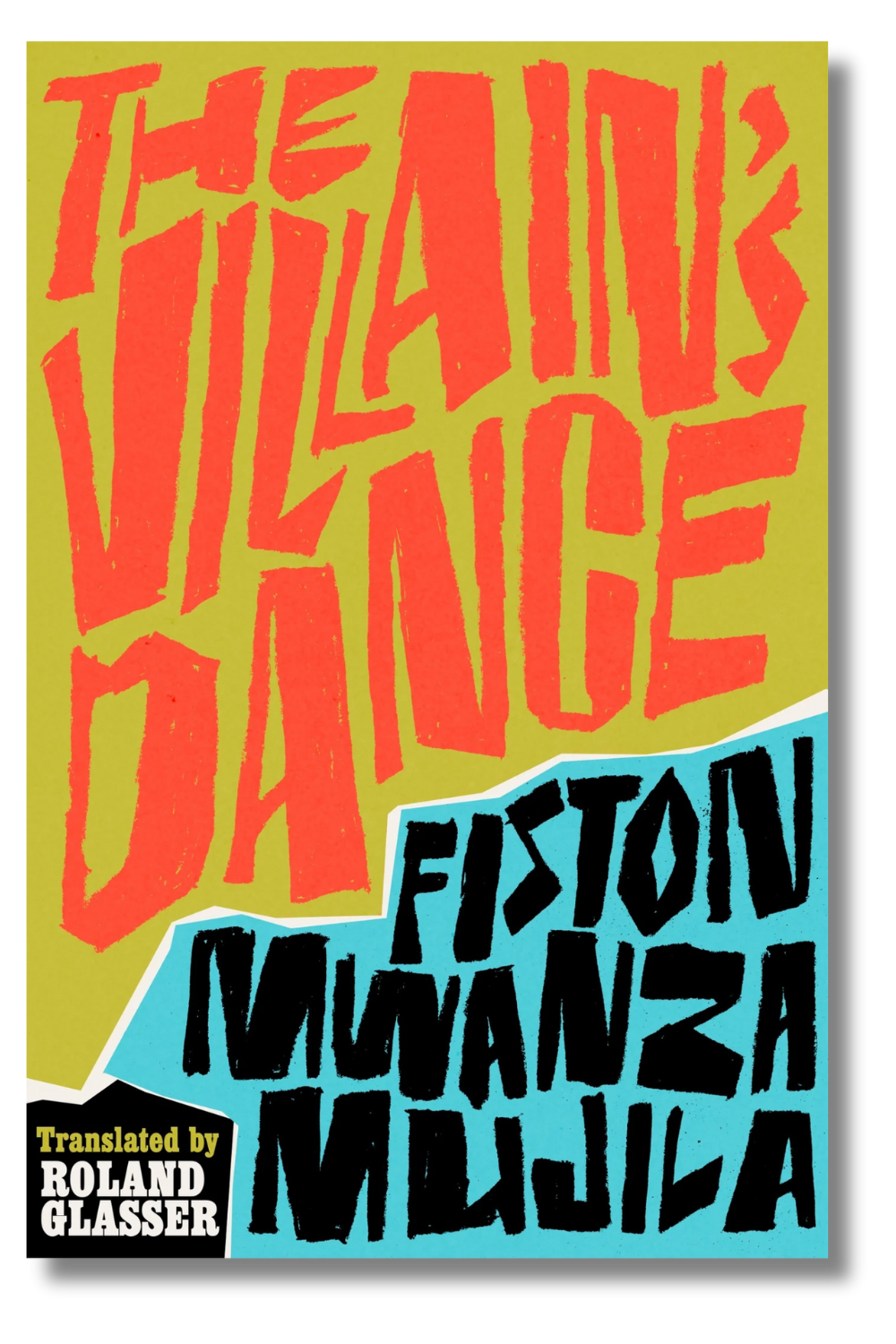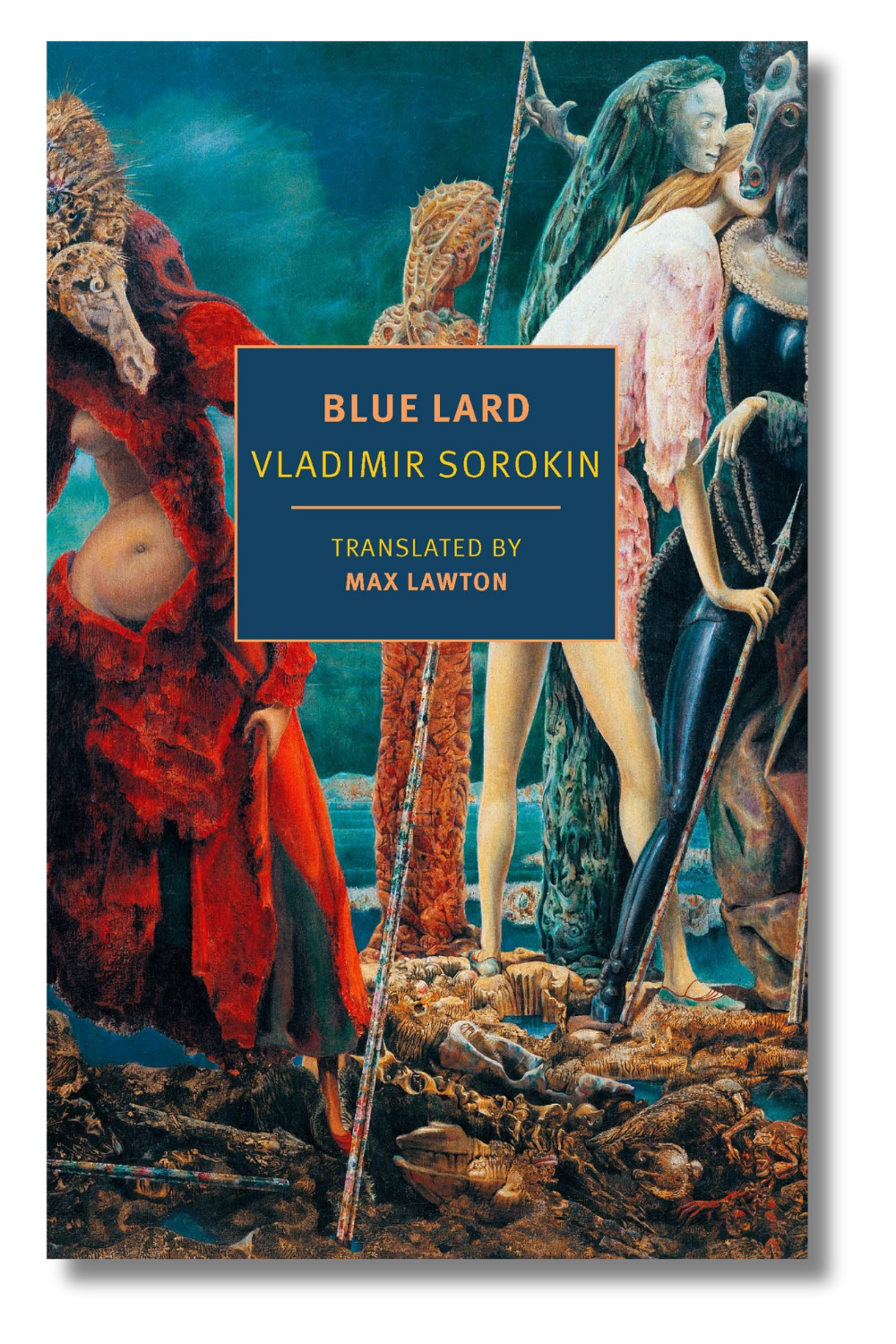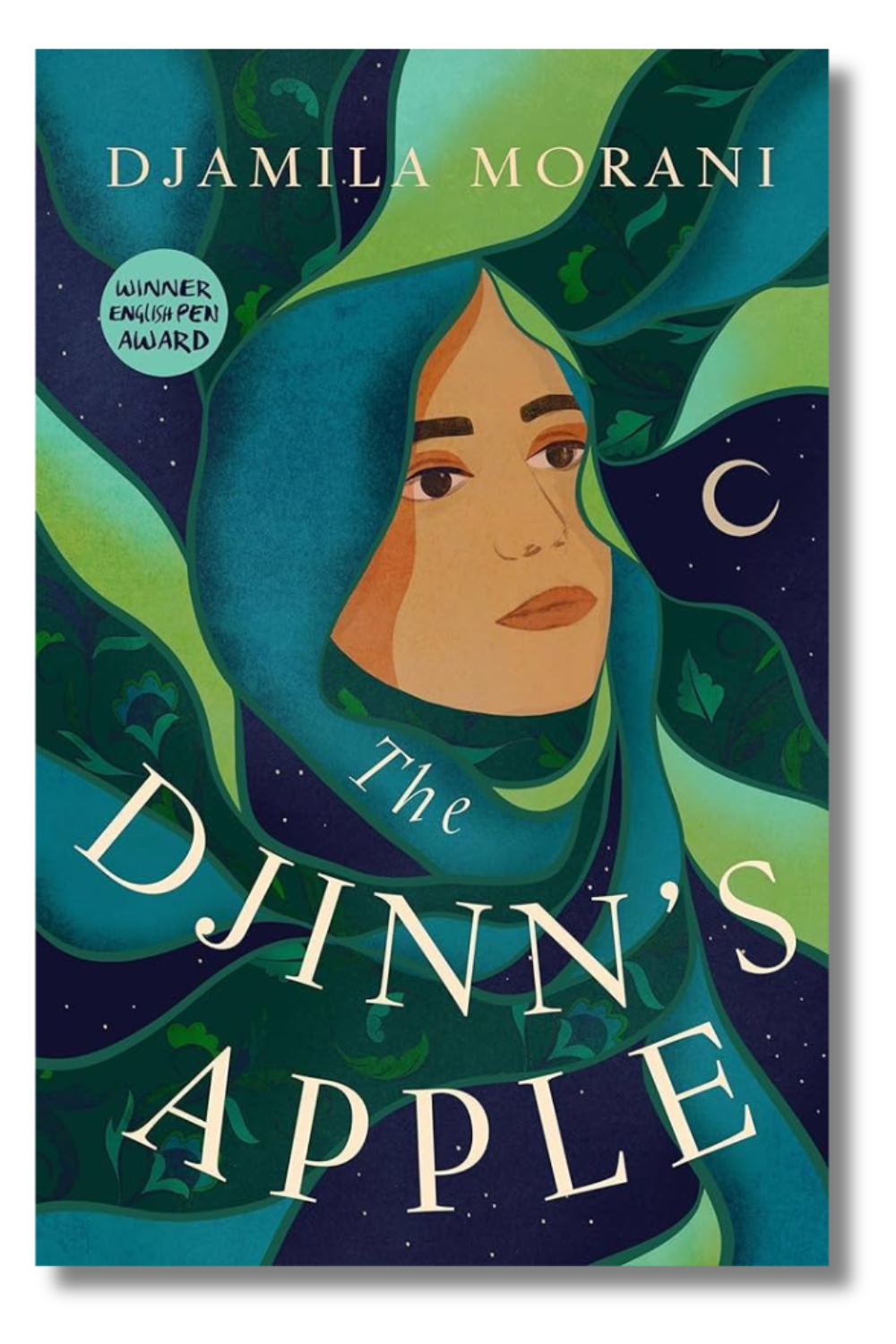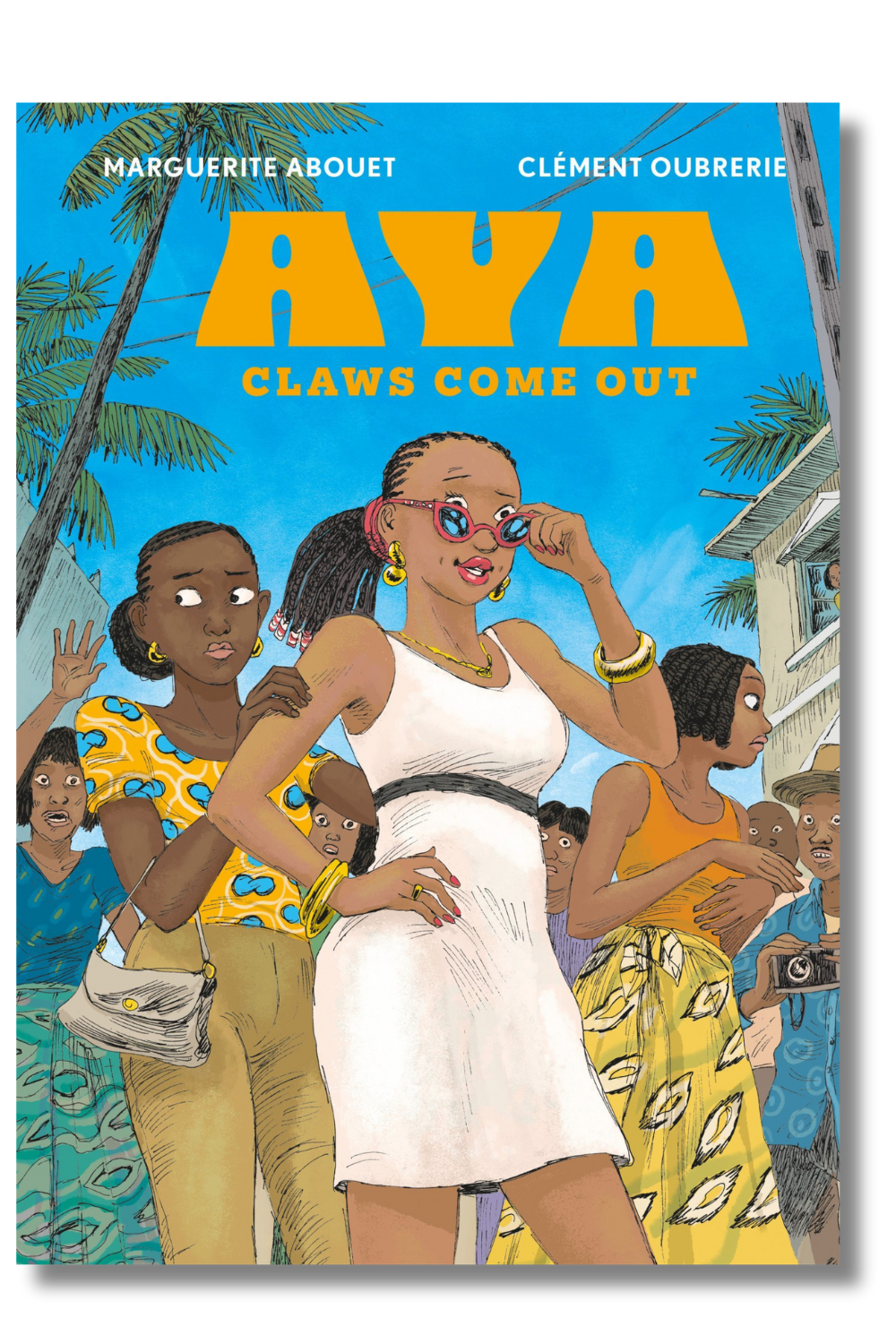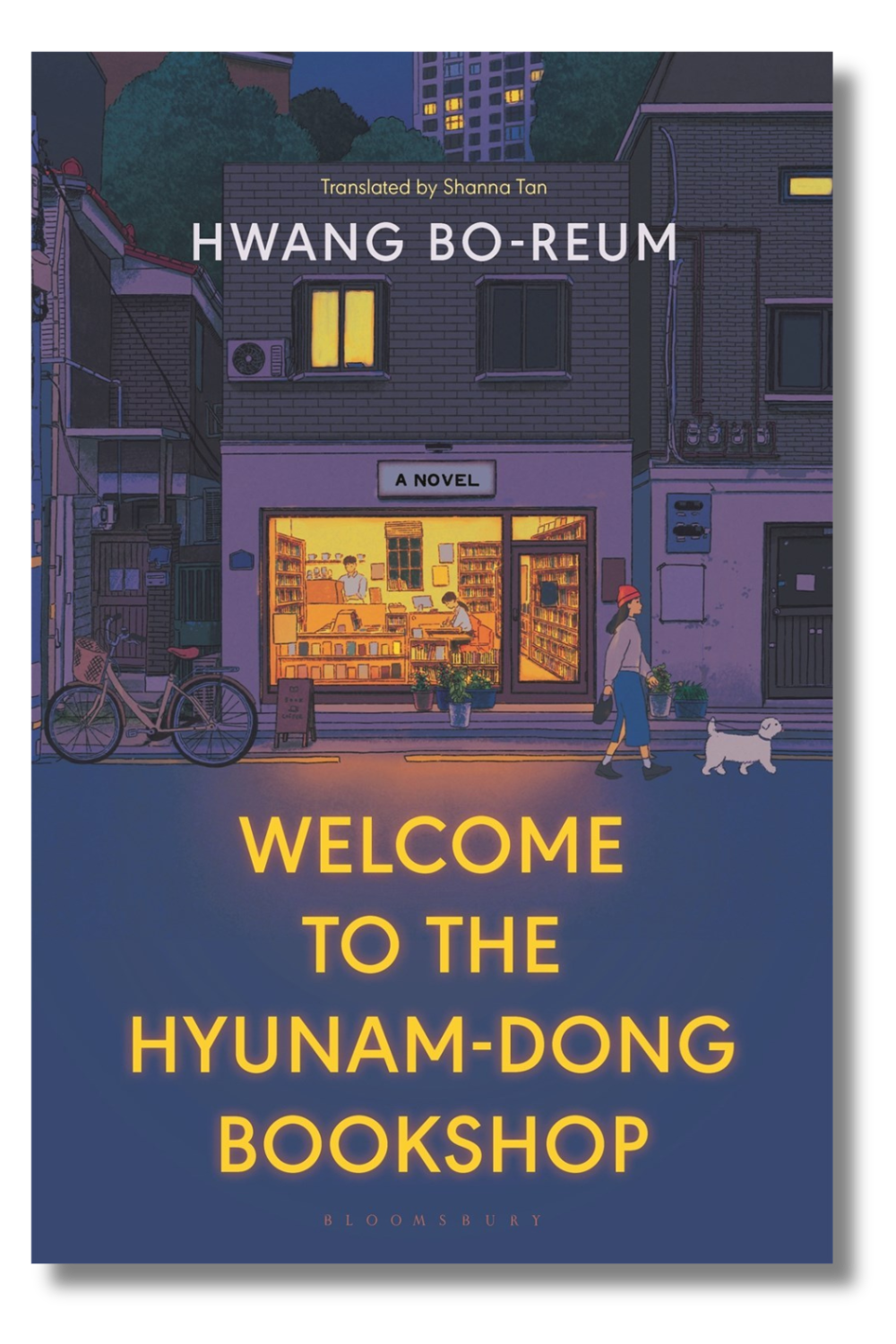From Deep Vellum | The Villain’s Dance by Fiston Mwanza Mujila, translated from the French by Roland Glasser | Fiction | 282 pages | ISBN 9781646051274 | US$16.95
What the publisher says: “Zaire. Late ’90s. Mobutu’s thirty-year reign is tottering. In Lubumbashi, the stubbornly homeless Sanza has fallen in with a trio of veteran street kids led by the devious Ngungi. A chance encounter with the mysterious Monsieur Guillaume seems to offer a way out . . . Meanwhile in Angola, Molakisi has joined thousands of fellow Zairians hoping to make their fortunes hunting diamonds, while Austrian Franz finds himself roped into writing the memoirs of the charismatic Tshiamuena, the ‘Madonna of the Cafunfo Mines.’”
What Publishers Weekly says: “The precarity of late-1990s Zaire (present-day Democratic Republic of Congo) and the scramble amid the country’s collapse in the wake of the Rwandan genocide shape the freewheeling and inventive latest from Mujila (Tram 83). . . . Mujila’s virtuosic narrative shifts, feverish magical realism, and dizzying chronological leaps make for an intoxicating reading experience. This complex tale bears exquisite fruit.”
What I say: Fiston Mwanza Mujila’s Tram 83 is one of my favorite novels of the last decade, and I’ve been eager for this one ever since it was first announced. In Roland Glasser’s translation, Mujila’s prose evokes both the tense situations the novel’s two central characters find themselves in and the frenetic pace at which events around them are accelerating. It doesn’t hurt that Mujila has a particular talent for conveying his enthusiasm for certain artists through his prose; if you’re not familiar with the music of Tabu Ley Rochereau, you might well want to seek out his entire discography after finishing this. (You should absolutely do this.)
From NYRB Classics | Blue Lard by Vladimir Sorokin, translated from the Russian by Max Lawton | Fiction | 368 pages | ISBN 9781681378183 | US$18.95
What the publisher says: “Blue Lard is an act of desecration. Blue Lard is what’s left after the towering masterpieces of Russian literature have been blown to smithereens, the most graphic, shocking, controversial, and celebrated book to be published in Russia since the end of Communism.”
What Dustin Illingworth at The New York Times says: “Like much of Sorokin’s fiction, the plot of Blue Lard sloughs easily from the mystical, barbarous structure hidden within it. Intelligibility is beside the point, continuity an almost reactionary concern. What lingers is the uncanny image, the metafictional gambit, the joyful depravity, the sense of convention foreclosed.”
What I say: There was a point early in my reading of Blue Lard, prompted by a passage in which Vladimir Sorokin depicts clones of various Russian writers attempting to create new works and occasionally glitching, when I wondered if Sorokin’s novel—prescient about many things—had also anticipated the moral and aesthetic debates over machine learning and AI systems. Then a radical sect known as the “Earth-Fuckers” showed up and the novel shifted direction again—and again. Utterly bizarre, deeply relevant, and never less than compelling.
From Neem Tree Press | The Djinn’s Apple by Djamila Morani, translated from the Arabic by Sawad Hussain | Fiction | 160 pages | ISBN 9781911107859 | US$12.95
What the publisher says: “When Nardeen’s home is stormed by angry men frantically in search of something—or someone—she is the only one who manages to escape. And after the rest of her family is left behind and murdered, Nardeen sets out on an unyielding mission to bring her family’s killers to justice, regardless of the cost…”
What Nadia Ghanem at Arablit & Arablit Quarterly says: “Part crime novel, part historical fiction, The Djinn’s Apple is a highly relevant reflection on pardon and vengeance in a society where the justice system is broken, and on the place of truth in a political environment whose key actors are bent on twisting it.”
What I say: What begins as a coming-of-age tale about a young woman taken in by a doctor gradually reveals itself to be something much stranger—and more unsettling. Set in Baghdad during the Abbasid dynasty, The Djinn’s Apple tells the story of its protagonist’s formal and ethical education. And readers curious about the meaning of the title, take note: you’ll eventually find out what significance it holds to the novel, and—no spoilers—it’s big.
Read an excerpt of The Djinn’s Apple on WWB.
From Drawn & Quarterly | Aya: Claws Come Out by Marguerite Abouet and Clément Oubrerie, translated from the French by Edwige-Renée Dro | Graphic Novel | 128 pages | ISBN 9781770467019 | US$24.95
What the publisher says: “Long-time creative team Marguerite Abouet and Clément Oubrerie make a stunning comeback after a lengthy twelve-year hiatus. Aya: Claws Come Out takes us all back to Yop City—home to the hustle and bustle of the Ivory Coast. . . . Now translated from the French by Edwige Dro, Aya and all her friends greet the bigger, bolder world of the ’80s in true Abidjan style, delighting fans both old and new with vibrant but too often unseen depictions of middle-class life in Africa.”
What Rachel Cooke at The Guardian says: “Fans of the Aya books love their episodic soapiness, and in Claws Come Out (translated by Edwige-Renée Dro) there is as much going on as ever. Aya is now an intern at a legal firm where she faces inequality in all its guises, while her friend Adjoua, who runs a food stall, is busy worrying both about her preternaturally gifted baby son, Bobby, and the departure from home of her brother, Albert, after he inadvertently revealed his sexuality to their horrified parents.”
What I say: Set in the early 1980s in the Ivory Coast and France (one scene plays out during François Mitterrand’s election as president of the latter nation), Aya: Claws Come Out follows the interconnected lives of several friends as they navigate everything from heartbreak to political corruption to familial tension. It’s a briskly paced story of grand themes and small moments, written and illustrated with close attention to detail.
From Bloomsbury | Welcome to the Hyunam-dong Bookshop by Hwang Bo-reum, translated from the Korean by Shanna Tan | Fiction | 320 pages | ISBN 9781639732425 | US$28.99
What the publisher says: “In a quaint neighborhood in Seoul, surrounded by books, Yeongju and her customers take refuge. From the lonely barista to the unhappily married coffee roaster—and the writer who sees something special in Yeongju—they all have disappointments in their past. The Hyunam-dong Bookshop becomes the place where they all learn how to truly live.”
What Kirkus Reviews says: “Yeongju doesn’t know how to run a bookstore, but she feels compelled to answer her internal call to do just that, trying to find solace in books as she did as a child. As she works to rediscover herself through reading, she collects friends, regulars, and coworkers who also take comfort in the gentle routines of the Hyunam-dong Bookshop, named for the neighborhood in which it’s located.”
What I say: There’s a long tradition of novels set in and around bookstores, from Christopher Morley’s Paranassus on Wheels to Robin Sloan’s Mr. Penumbra’s 24-Hour Bookstore. This in and of itself isn’t surprising; the number of people who love books but hate bookstores is, shall we say, not large. What is perhaps most surprising about Welcome to the Hyunam-dong Bookshop is the way in which Hwang Bo-reum juxtaposes the coziness of a favorite bookstore with the creative and financial stress situated just below the surface. It’s a warm read, to be sure, but it comes by that warmth honestly.
Looking for more reading suggestions? Check out Tobias Carroll’s recommendations from last month.
Disclosure: Words Without Borders is an affiliate of Bookshop.org and will earn a commission if you use the links above to make a purchase.
Copyright © 2024 by Tobias Carroll. All rights reserved.









